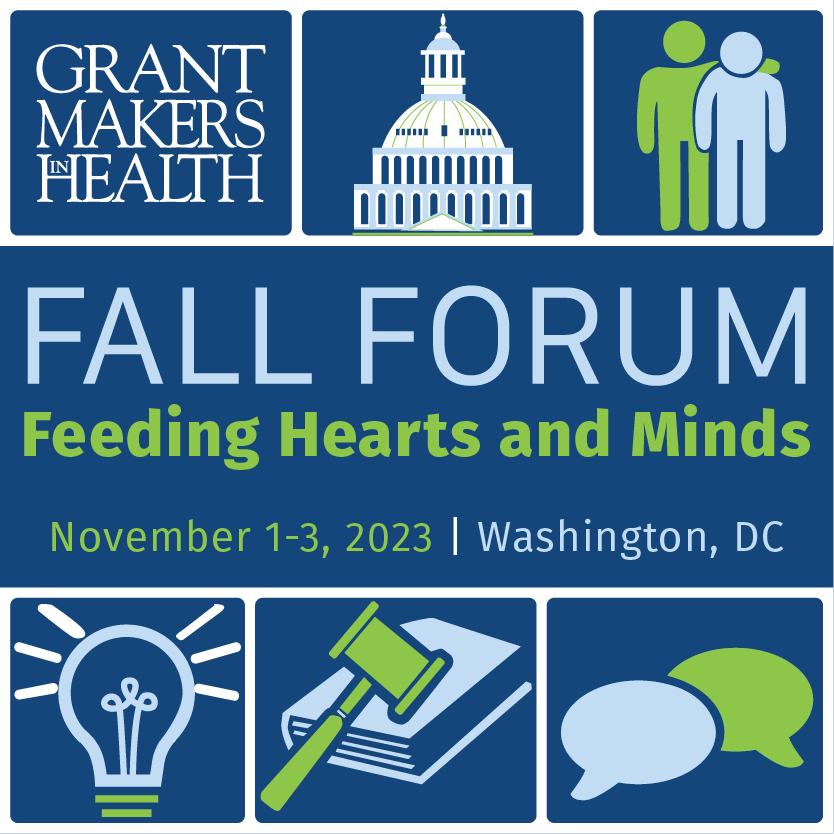Policy Briefing: Threats to Food and Nutrition Programs in Budget Reconciliation
The House and Senate continue to work on a budget reconciliation. On April 10, the House narrowly passed the Senate’s version of a budget blueprint, calling on Congressional committees to slash billions of dollars from programs within their jurisdictions including the Supplemental Nutrition Assistance Program (SNAP), school meal supports like the Community Eligibility Provision (CEP), and Medicaid in exchange for tax cuts for corporations and the wealthy. The House and Senate will determine the final tax and spending levels by agency and program in committee debates in coming months. In this session, experts from the Food Research & Action Center (FRAC) will provide an up to the moment analysis of how federal budget reconciliation impacts food and nutrition programs, the tie into Farm Bill negotiations, and ultimately, what these policy decisions mean for the health and well-being of children, families, and communities across the country. Experts will also highlight how advocates are organizing in support of these crucial programs, FRAC’s advocacy resources, and how funders can support this work. Please note this session will not be recorded. Notes and key takeaways will be shared with registrants.
Post-Chevron: Impacts on the Food, Agriculture, and Public Health Regulatory Landscape
A funder-only webinar was held to explore the impacts of one of the most significant legal developments in recent years: the Supreme Court’s decision to overturn Chevron deference in Loper Bright v. Raimondo. This ruling has profound implications for the regulatory interpretation of major legislation such as the Clean Air Act, the Clean Water Act, and the Farm Bill.
It’s Time to Move: Physical Activity as Medicine
Participants learned of the current achievements and milestones, the important next steps, and opportunities for philanthropy to lead the effort to integrate physical activity into America’s healthcare system. Speakers included Liz Joy of Sequelae and Lore Health, Cassandra Stish of Welld Health, and Laurie Whitsel of the American Heart Association.

